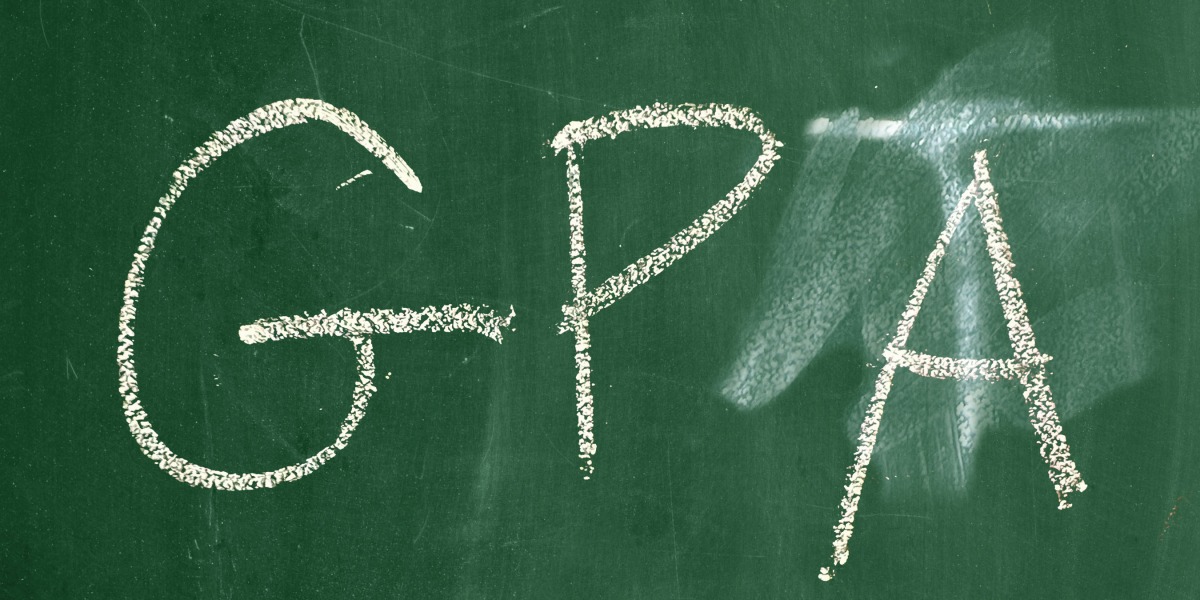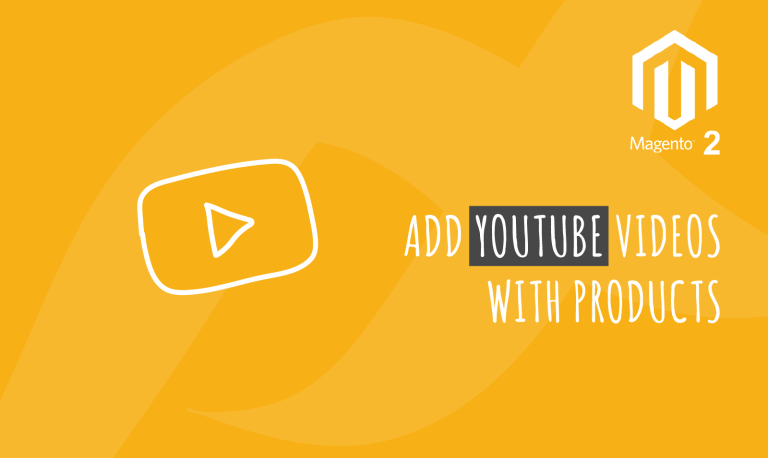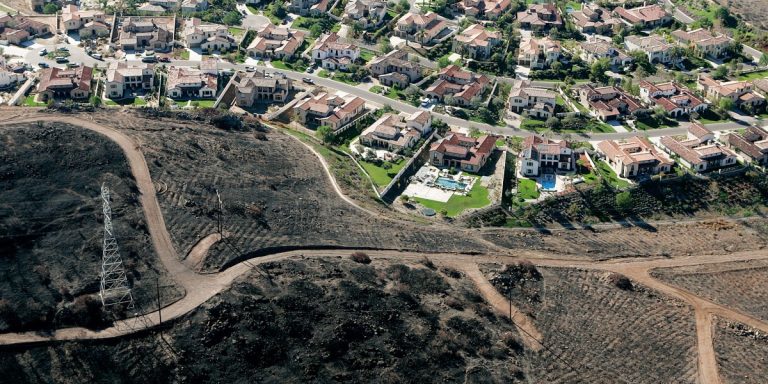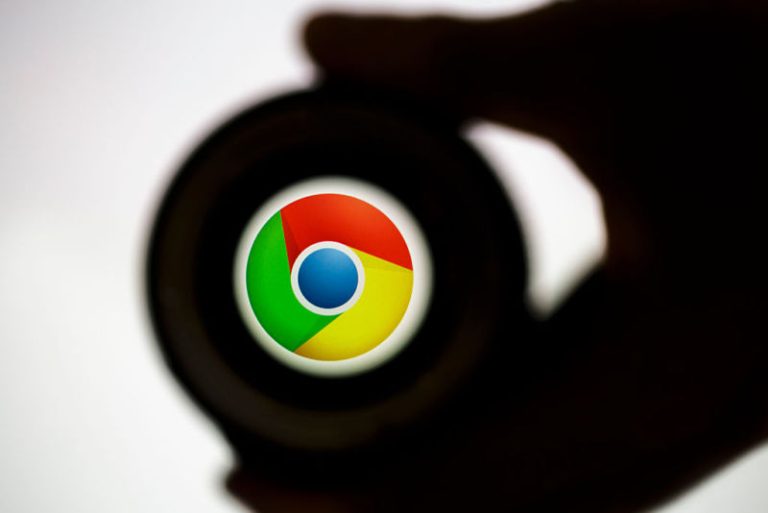
Just days after OpenAI dropped ChatGPT in late November 2022, the chatbot was widely denounced as a free essay-writing, test-taking tool that made it laughably easy to cheat.
Schools swiftly blocked access to OpenAI’s website, while several leading universities issued statements that warned students against using the chatbot to cheat.
This initial panic was understandable. ChatGPT can answer questions and generate slick, well-structured text on almost any topic, from string theory to Shakespeare. But three months on, the outlook is a lot less bleak. Read the full story.
—Will Douglas Heaven
Will’s piece is from our forthcoming Education print issue. If you haven’t already, you can subscribe to MIT Technology Review from just $80 a year.
These deep-sea “potatoes” could be the future of mining for renewable energy
There’s been growing buzz in the news about mining in the deep ocean lately. Proponents say certain spots on the ocean floor could be a key source of some of the metals we need to build batteries and other technology that’s crucial for addressing climate change.
But whether commercial efforts should go ahead is a source of growing controversy: there’s a lot of uncertainty about how they might affect ecosystems, and a lot of politics at play.






